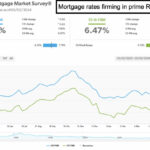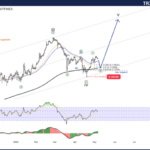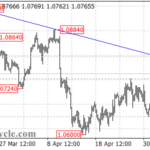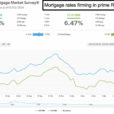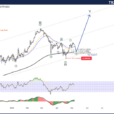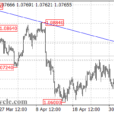
Thomas Piketty’s Capital in the 21st Century won the 2014 Financial Times Book of the Year Award. The FT reviewer found many data problems but economists and businessmen agree with the French economist that inequality today is close to that of the era of Robber Barons. The top 3%, or 1%, or 0.1% or even 0.001% of the population in most capitalist countries owns more assets than the rest. And its share has risen sharply higher. One key reason is that the owners of assets, the rich, gained more from measures to prevent a recession in the wake of the global financial crisis since 2008.
But Piketty dates the rise of inequality earlier. He says that 60% of the rise in US national income since 1977 has gone to the top 1% of US earnings. The only segment of the population which beat the 1% was the 0.01%, and the 0.001% have done best of all. He links the rise in inequality not to wealth but to income.
One comment, from Warren Buffett, is “the lucky sperm club”. But that may not hold.
The Lucky Sperm Club?
Larry Summers noted that in fact the wealth of the very richest heirs wound up falling rather than rising. He dissed the Piketty formula for redistribution (which everyone agrees is unrealistic). Summers wrote that anyone who was among the Forbes list of the top 400 richest Americans in 1982 (near the start of Piketty’s 30 years) would still be among the richest if they invested for a mere 4% annual return. But the 2012 top 400 only included 10% of the earlier ones. They weren’t top 400 because they consumed too much. Summers also argues that the recent rise of the profit share of national income is not only the result of the Piketty factors but also of globalization and new technology.
But as I wrote yesterday quoting from stock analysts and GMO‘s Jeremy Grantham, it is still weird when the US rate of return on capital exceeds the rate of growth. Summers says the solution is that over time the lucky sperm club members will spend more than they reinvest and blow their edge. He may be right; he may be wrong.
Business Week, now that it is in the Bloomberg stable (and ran a cover showing not the usual CEO of a major company but Lord Keynes, once a bete noire) in its current 2015 special forecast issue includes several cogent comments from firm free-market capitalists on Piketty’s insights.
Rabobank‘s international senior forex strategist Jane Foley says “rock-bottom” interest rate policies “probably increased the income inequality spread.” She adds: “At the end of the day, who benefits when the central bank buys assets? They tend to be the ultrarich, while at the same time it becomes more difficult to promote economic growth by monetary policy tools.”
Abby Joseph Cohen, the Goldman Sachs investment strategist, attributes the 30-year long concentration of wealth to “educational levels”. “Many good paying jobs [need] people who have better skills.”
The Inequality Trifecta
The best summary is by Mohammed El-Erian, a Bloomberg writer and the chief economic advisor for Allianz (but since early this year no longer advising its Pimco sub). Asked if wealth and income inequality are holding back economic growth, he said:
“It’s a trifecta: inequality of income, wealth, and opportunity. We haven’t had that combination for a long time. There’s a growing recognition that inquality has gone from being pro-incentive—you need a bit to encourage entrepreneurship—to being antigrowth. That has to do with the fact that only the top 3% have experienced income growth, and the marginal propensity to consumer is much lower for the botom 97%.
“The inability to bounce back from the global financial crisis, long-term unemployment, youth unemployment, the extent to which we haven’t been able to invest in the educational system, lack of labor mobility and social mobility—all that speaks to inequality of opportunity, a major concern, not just for this generation but for the next. That’s new for the US. The US always prided itself on being one of the most equal societies in terms of opportunity.”



